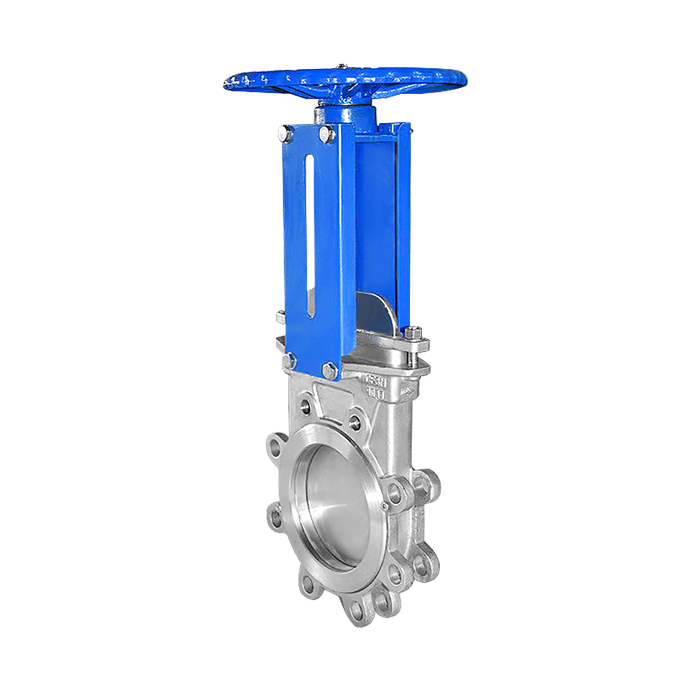
- Call Us
- +8618633052223
- njhdvlz@163.com
Dec . 01, 2024 01:02 Back to list
Manufacturer of Check Valves for Water Pump Applications
Understanding Check Valves for Water Pump Applications
When it comes to water pumping systems, reliable operation and efficiency are paramount. One of the critical components that ensure both of these factors is the check valve. This essential device plays a pivotal role in preventing backflow, safeguarding pumps and ensuring consistent flow in various applications. In this article, we will delve into the significance of check valves in water pump systems, their types, and key considerations for manufacturers.
What is a Check Valve?
A check valve, also known as a non-return valve or one-way valve, is a mechanical device that allows fluid to flow in only one direction. It automatically prevents the fluid from flowing back into the pump or the source, thus protecting the pump from potential damage and maintaining system efficiency. Check valves are widely used in different sectors, including agricultural irrigation, municipal water systems, and industrial processes.
Importance of Check Valves in Water Pump Systems
1. Preventing Backflow One of the primary functions of a check valve is to prevent backflow in the pumping system. This is crucial because backflow can lead to contamination of the water supply, cause damage to the pump and associated equipment, and result in system inefficiency.
2. Reducing Water Hammer Check valves can help mitigate the effects of water hammer, a pressure surge caused by a sudden change in fluid flow. By preventing backflow, they minimize the likelihood of pressure spikes that can damage pipes and fittings.
3. Maintaining System Efficiency With a check valve in place, water pumps can maintain consistent pressure and flow rates. This stability translates into improved overall efficiency and prolonged equipment life.
4. Protecting Pump Integrity By preventing reverse flow, check valves protect pumps from potential damage that can occur when water flows in the opposite direction, such as overheating or cavitation.
Types of Check Valves
There are several types of check valves designed for various applications within water pumping systems
1. Swing Check Valve This type uses a hinged disc that swings open under pressure and closes when flow stops, allowing for a robust design suitable for many applications.
check valve for water pump manufacturer

2. Lift Check Valve Lift check valves utilize a disc that rises with flow and drops when flow ceases. They are ideal for high-pressure systems and applications where space is limited.
3. Ball Check Valve Employing a ball that moves with the flow of water, ball check valves are compact and effective, often used in smaller piping systems and residential applications.
4. Diaphragm Check Valve This type features a flexible diaphragm that opens and closes based on pressure differences, making it advantageous in applications with varying flow rates.
Key Considerations for Manufacturers
For manufacturers producing check valves for water pump systems, several factors need to be taken into account
1. Material Selection The choice of materials is critical for durability and resistance to corrosion, especially in environments that involve harsh chemicals or varying temperatures. Common materials include brass, stainless steel, and PVC.
2. Size and Compatibility Check valves must be manufactured in a variety of sizes to ensure compatibility with different pump systems and piping configurations. A well-fitted valve enhances efficiency and minimizes leaks.
3. Testing and Certification Manufacturers should conduct rigorous testing to ensure their check valves meet industry standards and certifications. This includes pressure testing, leak testing, and longevity assessments to guarantee reliability.
4. Cost-Effectiveness In a competitive market, manufacturers need to balance quality with cost. Providing economical solutions without compromising on performance is essential to satisfy consumer demands.
5. Custom Solutions Offering customized check valves tailored to specific client needs can differentiate a manufacturer in the marketplace. Custom solutions may include variations in sizes, materials, and designs.
Conclusion
Check valves are indispensable components in water pump systems, ensuring smooth operation and protecting against backflow. Understanding their importance, variations, and the considerations involved in manufacturing them can help businesses maintain operational efficiency and extend the life of their pumping systems. For manufacturers, investing in high-quality check valves is crucial for meeting industry needs and enhancing customer satisfaction. As water management continues to be a significant focus globally, the role of reliable check valves will remain critical in sustainable water utilization.
-
High-Performance 2.5 Inch Butterfly Valve
NewsAug.05,2025
-
Premium 2.5 Inch Butterfly Valve with GPT-4 Turbo
NewsAug.04,2025
-
Compact Double Flanged Short Pattern Butterfly Valve | High Efficiency
NewsAug.03,2025
-
Stainless Steel Sanitary Butterfly Valve | Hygienic & Durable
NewsAug.02,2025
-
Double Flanged Short Pattern Butterfly Valve | Compact, Efficient Flow
NewsAug.01,2025
-
Precise 3-Inch Butterfly Valve Dimensions | Durable Flow
NewsJul.31,2025